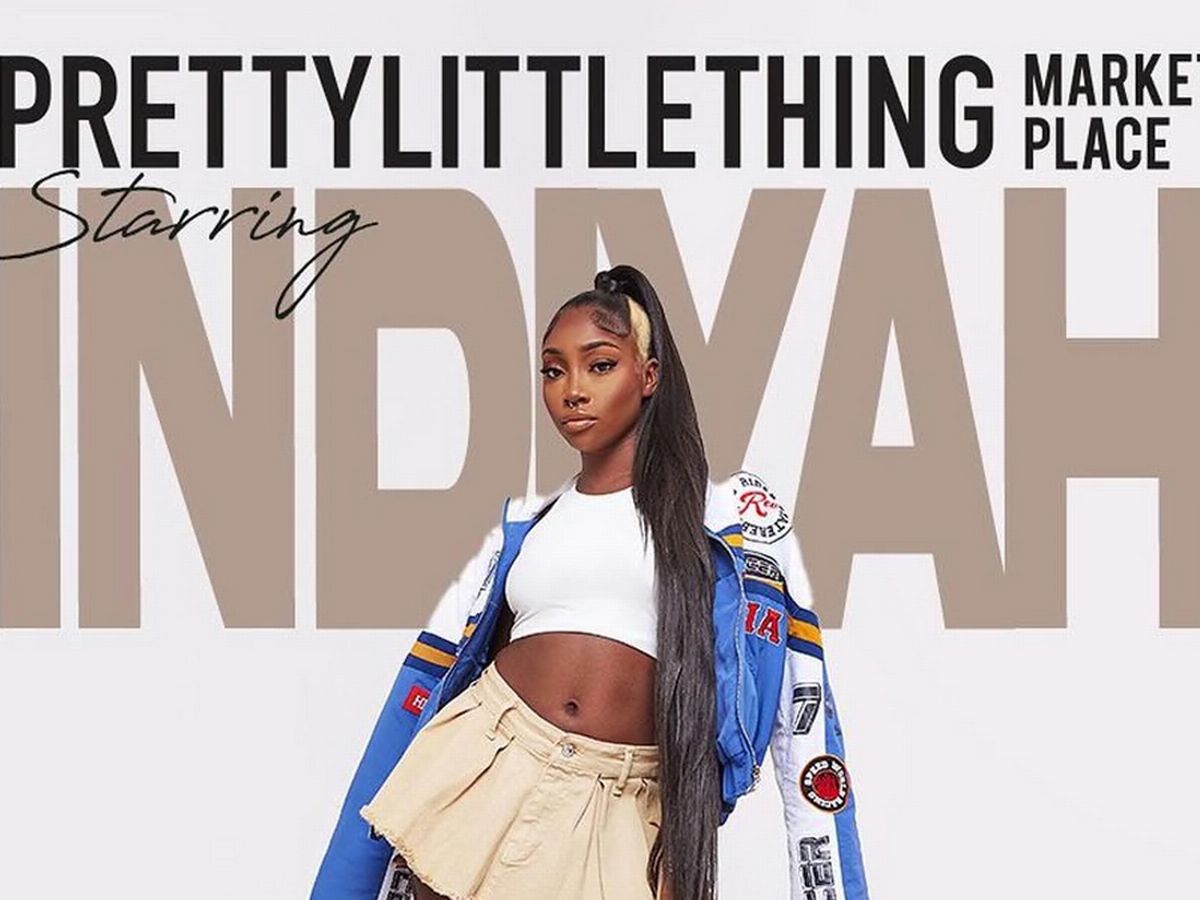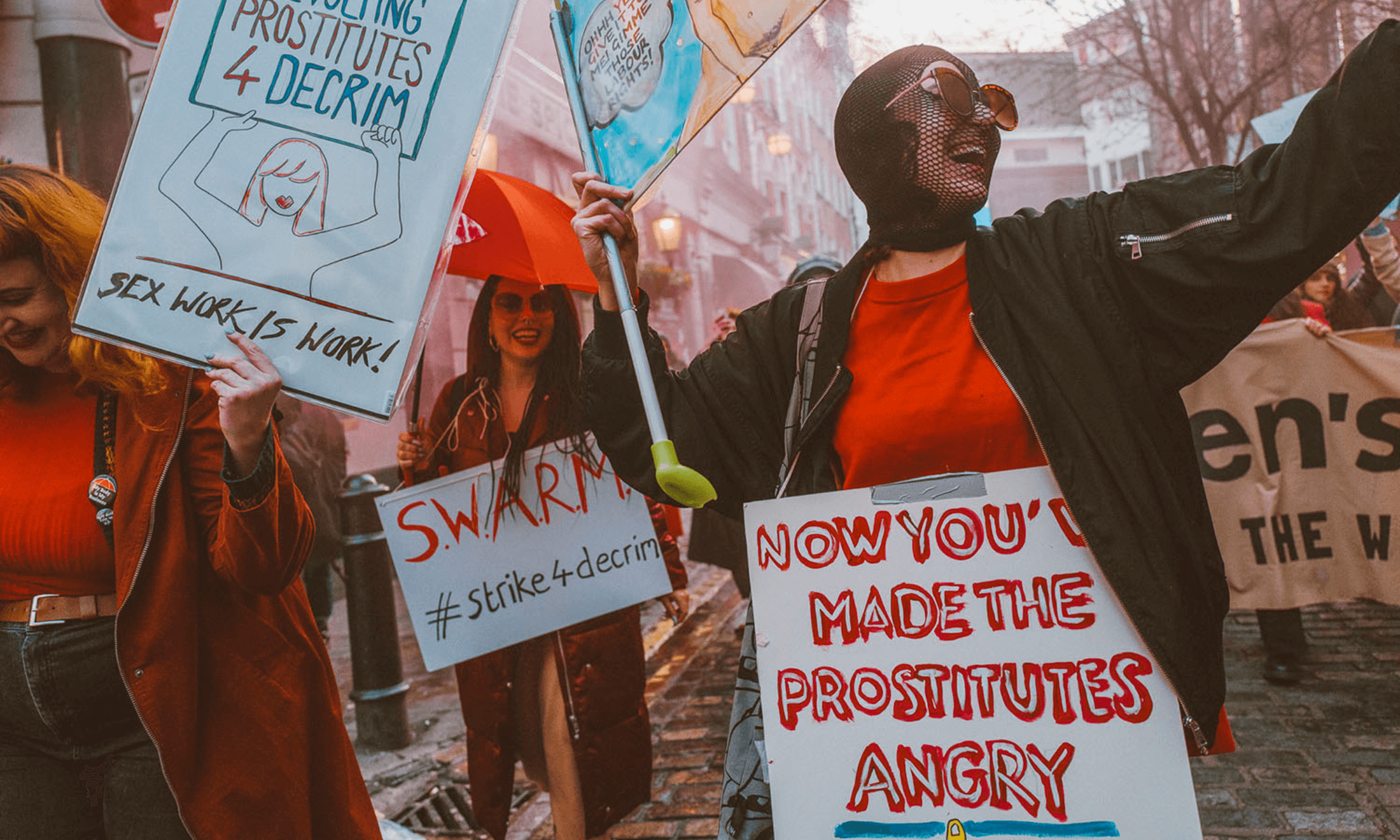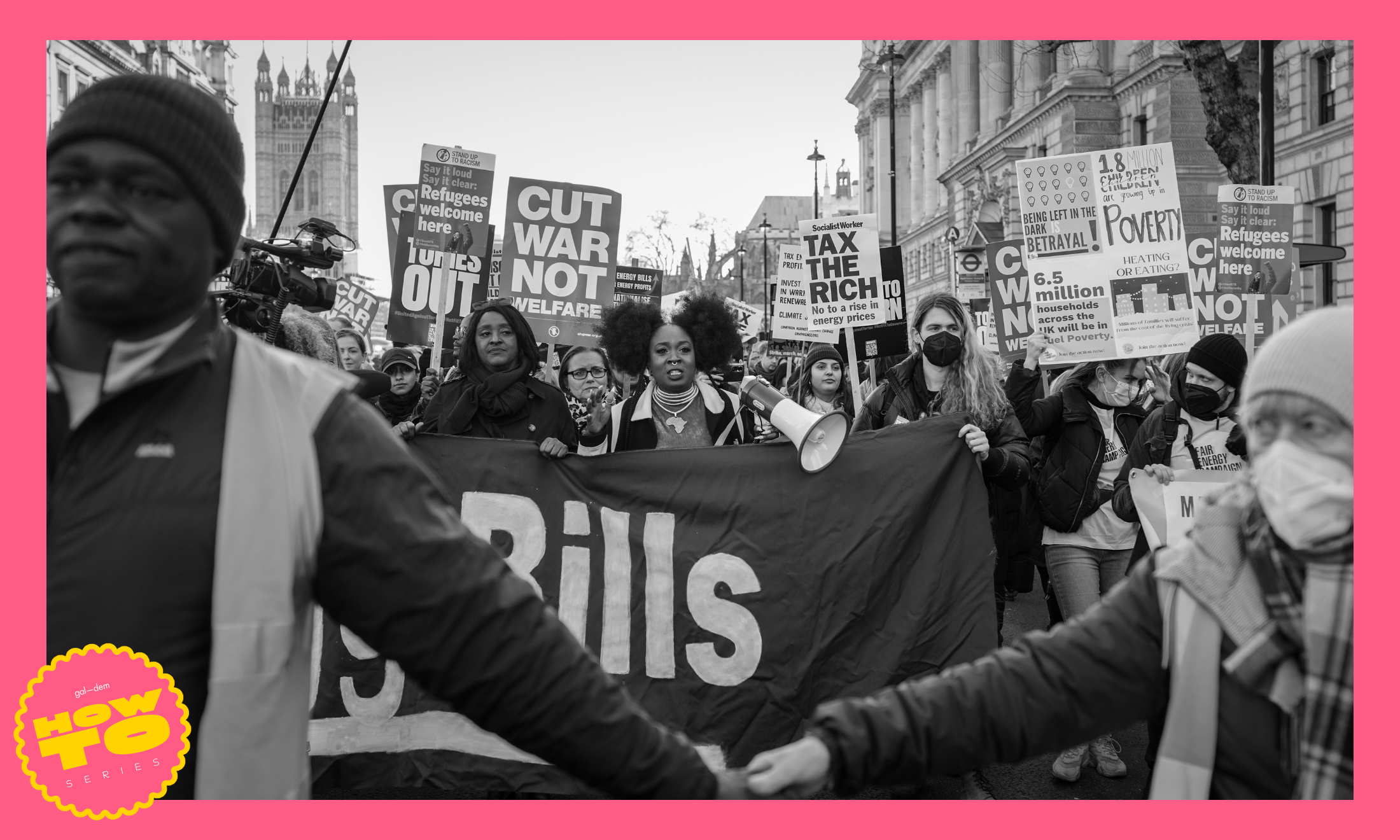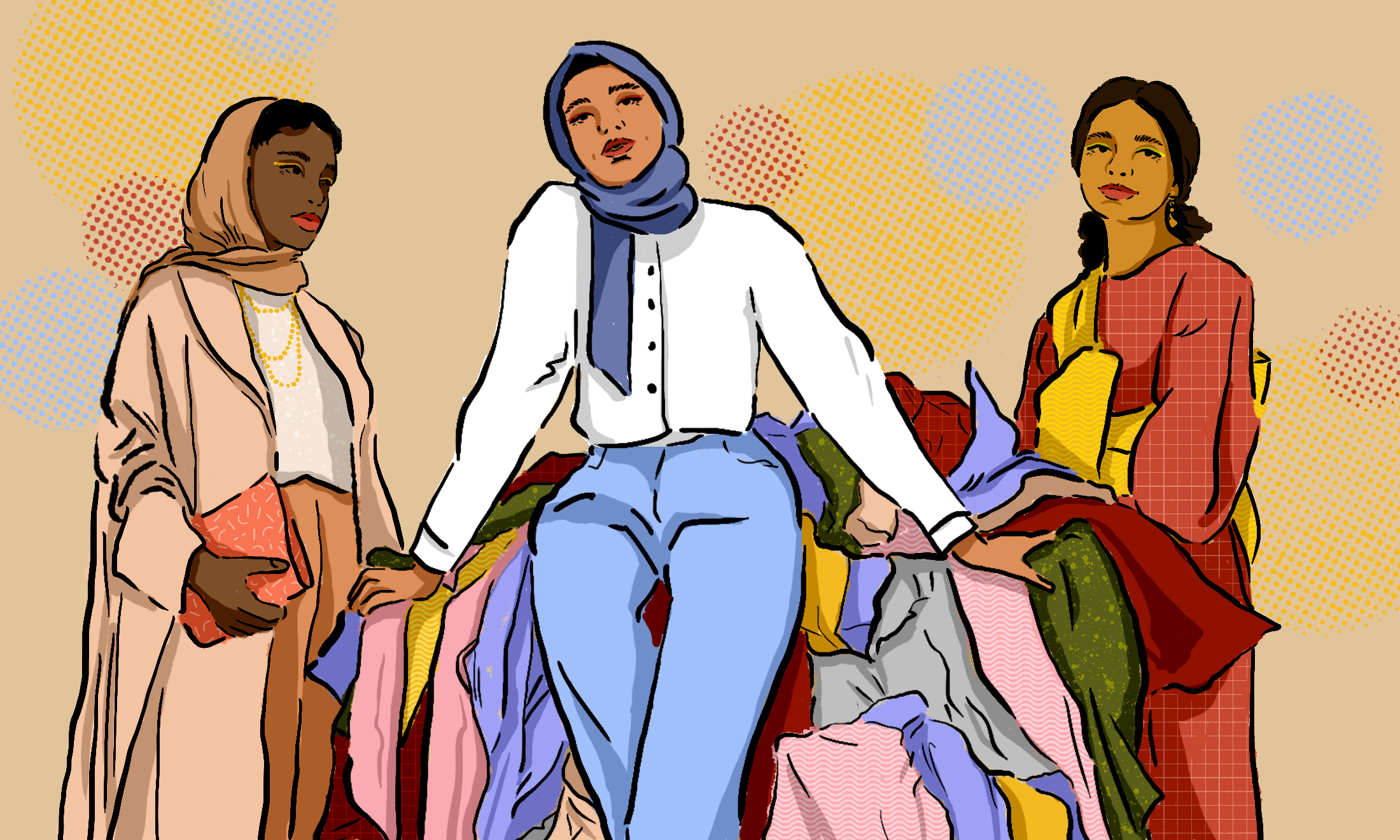
Everyone is broke and Pretty Little Thing knows it
Giving away cash seems generous during an economic downturn, but it’s part of a wider marketing ploy.
Moya Lothian McLean
01 Dec 2020
How do you market fast fashion, when people are supposedly more opposed to it than ever before? Bribery, apparently.
This seemed to be the tactic adopted by Pretty Little Thing this past week, as the brand touted successive giveaways of cash prizes ranging from £1,000 to £10,000 to Twitter followers able to capture their attention. What followed was a bacchanalian frenzy that almost seemed to take the brand itself by surprise and led to four solid days of PLT giveaways – and free advertising. The result was a demoralising people-driven rehabilitation campaign for the brand, which exposed our fragile fast fashion ethics. Contrary to what PLT’s slogans would have you believe, no one came out of this looking good.
First, PLT ensured massive anticipation by merely dangling the promise of free cash, declaring that if they got “30,000 retweets” they’d be handing out £1000 to 10 lucky winners. Predictably, they did and immediately announced entry requirements which included retweeting another post from the brand and hashtagging it with a specific phrase, like “#PLTPINKSATURDAY”. This was repeated, daily, from Black Friday to Cyber Monday.
Each giveaway was greeted by increasingly desperate attempts from entrants to gain PLT’s attention, some which were clearly tongue-in-cheek, others which prompted an uneasy feeling. One entrant even got the brand tattooed on their arm, claiming that, as a stick-and-poke tattoo, it would fade quickly (sadly not). Another hopeful made a gele out of PLT packaging – and won. A third drank a tray full of what she purported to be vodka shots, spelling out the letters PLT. The purpose of the competition itself paled into insignificance as the entries became more outlandish and went viral of their own accord.
“The element of collective participation turned entering a giveaway for a notorious fast fashion brand into an action akin to joining in with a TikTok dance trend”
The frenzy was one of those perfect internet storms. Predominantly, there was the enticing promise of a cash prize, at a time when PLT’s youthful audience are broke or anticipating future reduced income. On top of that, the element of collective participation turned entering a giveaway for a notorious fast fashion brand into an action akin to joining in with a TikTok dance trend and or posting your version of the #DontRushChallenge. It was something to do, during a year when there has been very little of that. PLT’s giveaway offered distraction, a potential windfall and influencer-adjacent aspiration all in one.
It also immediately drowned out the voices of dissent that had been growing louder this year, decrying fast fashion and in particular, the accusations of modern slavery that have dogged PLT’s owners.
For those unacquainted with the family of Manchester billionaires who control the UK’s fast fashion market, the Kamanis are the dynasty behind the likes of Boohoo, Pretty Little Thing, Nasty Gal and Miss Pap. Boohoo, the first company founded by family head Mahmud Kamani in 2006, is worth a whopping £3.7bn alone. Pretty Little Thing, run by son Umar Kamani, was bought back under the Boohoo umbrella in May, in a deal estimated to be worth £329m. Umar is personally valued to be worth around £1bn. Essentially: this is a very, very rich family.
“When something’s £10, it’s easier to ignore the means of production that makes that possible. Not so when a denim jacket is priced down to 40p”
And they have made their millions, in part, from seemingly exploiting other people of colour. Earlier this year, it was revealed that Leicester garment workers – 80% of whom are women of colour – producing clothes for Boohoo-owned brands were being forced to work in sweatshop-conditions during a pandemic, without protective equipment, for as little as £3.50 an hour. A spike in Leicester Covid-19 cases was even linked to the continued operation of the garment factories. Infographics began to circulate among the customer base for the likes of PLT, Miss Pap and Boohoo, warning that consumers had to put their money where their mouth was.
It was a futile effort; Pretty Little Thing weighed up the cost of reputational damage and found it was nothing compared to the potential profit to be made.
This Black Friday the company made more headlines yet for selling lines of old stock for as little as 15p. Many condemned the decision, perhaps having put two and two together about what these shockingly low prices said about both production costs and quality of the garments. For thousands it felt like a step over the line that separates “good deals” and “grubby business”. When something’s £10, it’s easier to ignore the means of production that makes that possible. Not so when a denim jacket is priced down to 40p.
But even detractors began taking part in the giveaways, pulled in by a combination of gambling psychology, mass participation and the ability to compartmentalise. The winner of one PLT giveaway, Ka’Mani (yes, his real name), told me that he neither shops with the brand, nor supports their business practices.
“I’m actually incredibly concerned about the ethics behind their business model,” Ka’Mani confesses, adding that he entered the competition to “banter” a friend who was “going in hard”.
But Ka’Mani has also been left impressed by PLT after the brand responded to the request to notice his friend, awarding her £1000 too.
“I thought that was kind,” he says. The brand’s pseudo-display of charity, right before the festive season, has picked it up a few precious PR points.
Tawdry as taking to the TL to beg for the scraps of a billionaire’s salary might seem, it’s hard to condemn the consumers. We’re in the midst of a pandemic, closing fast on Christmas, with youth unemployment set to rise to 1980s levels. Principles are a privilege sometimes; £1000 is the difference between the bills being paid or not.
“Principles are a privilege sometimes; £1000 is the difference between the bills being paid or not”
That being said, it was also tough to watch the effectiveness of PLT’s pivot to straight-up bribery; entrants hoping to win the cash prize even began attacking those who questioned the company’s ethics, or defending them from critics. The desire to win silenced dissent. Who needs to pay a PR when you’ve got an army of young people to do the dirty work for you?
Having a conscience is costly, cumbersome and hard to maintain under capitalism. Let’s face it; many people aren’t about to stop shopping with fast fashion brands anytime soon.
But there are ways those who are able can reduce overt support for them. Perhaps when the retweets for PLT have faded from the timeline and we’ve had some time to marinate on this episode, a crumb of reconsideration might arrive. Because there’s a difference between grabbing a £5 t-shirt and spending your entire weekend shouting loudly about your devotion to brands that have been accused of environmental damage, modern slavery and changing the way we shop for the worse.
Set the price on the personal advertising space of your timeline higher. Sure, Pretty Little Thing might be giving away money but there’s only one real winner here: themselves.









